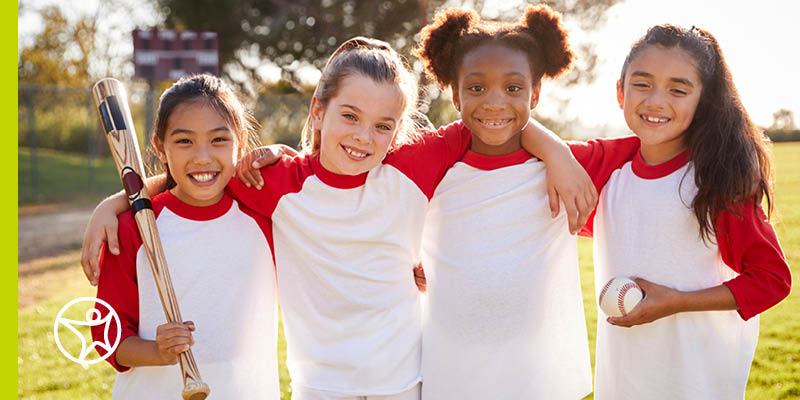5 Ways for Students to Prepare for Adulthood
byConnections Academy
4 min to read
What does it mean to be an adult? It can be different for everyone. For some young people, it means living on your own for the first time or going away to college. For others, it means starting your first real job and becoming financially independent. But no matter the circumstances, becoming an adult involves taking full responsibility for your life. Let’s explore more about what life as an adult means, and how you can help your student become better prepared for life after high school.
Becoming a Self-Advocate
To answer the question, “What is an adult?” you can first teach your student about self-advocacy. Becoming an adult means you are now responsible for your actions and how they affect the world around you and in turn, how your surroundings affect you. You are now your own self-advocate, and you make choices based on your preferences, beliefs, and abilities—choices that will allow you to succeed in the world.
Being an adult takes maturity and experience—and certain knowledge and skills—but there’s more to it than that. You need a certain perspective as well.
5 Ways to Measure Your Student’s World-Readiness
One way to measure your student’s world-readiness is to gauge their types of literacy. Although literacy usually refers to the ability to read and write, the term can also be used to describe other competencies. When a student is learning how to become an adult, they are becoming literate in health, civics, global awareness, the environment, and personal finance.
1. Health Literacy
Health literacy involves understanding how to access the health resources and services needed to make good decisions regarding your health. Here are some basic ways in which your high school student can build their health literacy by the time they graduate:
- Choose healthy foods and be mindful of basic nutrition.
- Keep up with activities and find exercise routines they enjoy.
- Understand their current healthcare insurance and future options.
- Learn more about health literacy tools at Centers for Disease Control and Prevention.
2. Civic Literacy
Civic literacy involves understanding your role in the community and your responsibilities as a citizen. Being an adult requires awareness of the issues that impact your life as well as an effort to support those issues.
Some ways to advocate on your own behalf or on behalf of others are to:
- Register to vote and participate in elections both national and local.
- Find volunteer opportunities.
- Engage in fundraising activities.
- Join a community organization.
Important community and government issues regarding health, education, and social welfare affect everyone—and improving the quality of life starts with you.
3. Global Awareness
Global awareness is another factor in learning how to be an adult. This involves understanding cultural diversity. Learning how we share resources and resolve conflicts across the globe allows us to contribute to world peace. A few ways for students to build their global awareness are:
- Stay up to date on world news and paying attention to how global events affect different parts of the world.
- Spend time learning about different cultures.
- Learn how to see another person’s perspective through travel, media resources, and other personally enriching experiences.
4. Environmental literacy
Environmental literacy involves understanding how we affect the environment and how the environment affects our health, technology, economy, living conditions, and more. As with global and civic literacy, understanding your role in using and protecting the environment is another factor in what makes you an adult.
Taking responsibility for the environment is easier than you think. Some simple ways to promote it include the following:
- Calculate your carbon footprint to measure your impact on the environment.
- Learn about recycling and adopt other sustainable practices.
- Plant a tree and find other ways to take care of wildlife around you.
5. Financial, Economic, Business, and Entrepreneurial Literacy
Being an adult also means understanding how the economy affects your quality of life, how to manage your money responsibly, how to behave appropriately in professional settings, and how your decisions and actions affect your success. Essentially, it's time to take control and make the right choices for the future you want.
A few ways young adults can start becoming professionally literate are to:
- Create a budget, set savings goals, and practice other money-management techniques.
- Understand the basics of economics.
- Prepare and save for college if that’s the path you are taking.
- Master the 4 C’s of education (communication, critical thinking, creativity, and collaboration) to prepare for a part-time job or full-time career.


